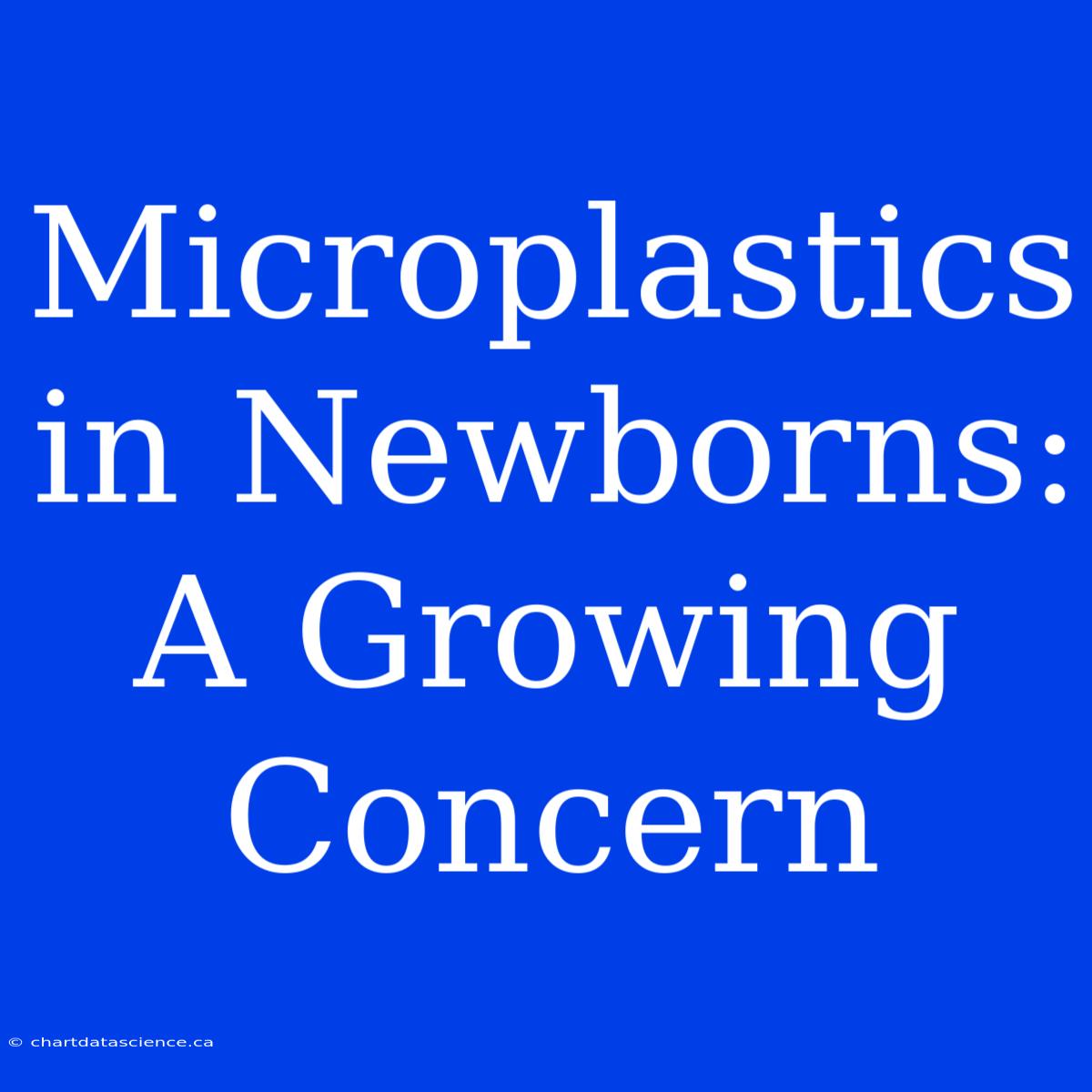Microplastics in Newborns: A Growing Concern
Microplastics, those tiny pieces of plastic less than 5 millimeters in size, are everywhere. We find them in our food, water, air, and even inside our bodies. But what about our most vulnerable population – newborns? Recent studies are raising alarming concerns about the presence of microplastics in newborns, prompting a wave of worries about potential health implications.
The Invisible Threat
Microplastics are so small they can easily be ingested or inhaled, making them a silent threat. Research has discovered traces of microplastics in the placenta of newborns, indicating that these tiny particles can cross the placental barrier, potentially exposing the developing fetus. While the exact long-term effects on newborns are still being investigated, there are reasons to be concerned.
Potential Health Risks
Scientists are exploring a range of potential health risks associated with microplastics in newborns, including:
- Impaired development: Microplastics may interfere with the development of vital organs and systems in the fetus.
- Increased risk of allergies: Microplastics can trigger inflammation, potentially contributing to the rise in allergies in infants.
- Hormonal disruption: Some plastics contain chemicals that can mimic hormones, disrupting the delicate balance of the newborn's endocrine system.
- Neurological impact: Studies are exploring the potential effects of microplastics on brain development and function.
What Can We Do?
While the research is still ongoing, it's clear that we need to take action to reduce our exposure to microplastics.
- Reduce plastic consumption: Choose reusable alternatives over single-use plastic products.
- Proper waste management: Dispose of plastic waste responsibly to prevent it from entering the environment.
- Support sustainable practices: Choose brands that prioritize sustainable packaging and minimize their plastic footprint.
- Advocate for change: Support initiatives aimed at reducing plastic pollution and regulating the production of microplastics.
Moving Forward
The presence of microplastics in newborns is a pressing issue that demands our attention. While more research is needed to fully understand the implications, we can take proactive steps to reduce our exposure to these tiny particles and protect the health of our most vulnerable. The future of our children depends on it.

